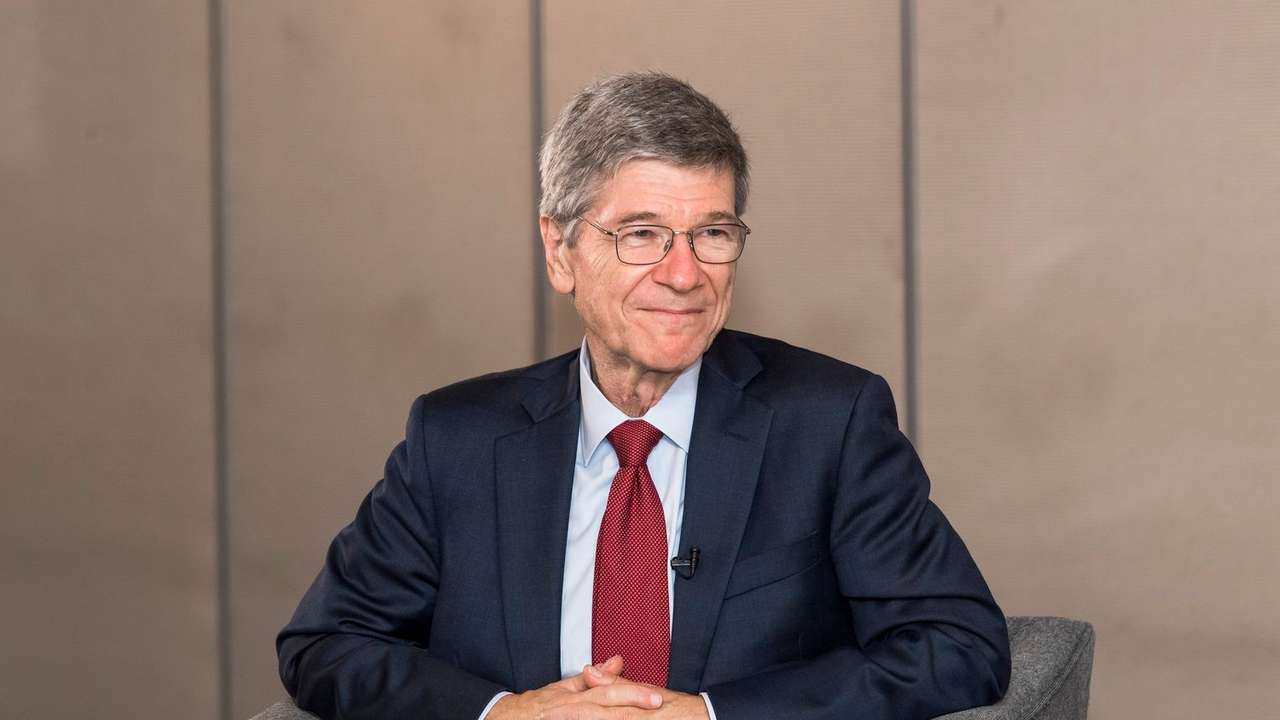“The West’s 500-year reign is ending”: Economist Jeffrey Sachs calls for a Global South power shift

Renowned global economist Professor Jeffrey Sachs has urged countries in the Global South to embrace the emerging age of convergence and assert greater influence on the world stage, as the global economic order shifts.
While addressing concerns of countries hit hardest by shifting geopolitics and rising trade protectionism in an exclusive interview with Global South World, Sachs, a longtime advocate for ethical economics and global cooperation, reflected on the deep historical imbalance that has defined global power structures for centuries.
"For 500 years, basically the West, meaning Europe and the United States, were in charge. They were in charge through imperialism. They were in charge of world finance. They were in charge of the world economy," Sachs told Global South World.
According to Sachs, the legacy of colonial domination, from the Atlantic slave trade to late-19th-century African colonisation, left enduring economic scars. But now, he argues, that era is ending, not by design, but by global shifts in power and technology.
“Finally, this Western system is ending,” he remarked, adding, “And I say finally because it was not a fair system. It was not a just system. It was not an ethical system. It was a system of power.”
The current shocks, marked by the United States’ reintroduction of tariffs, intensifying geopolitical rivalries, and sanctions that have shaken the post-World War II economic order, have left many developing nations in economic limbo. But Sachs insists this is also a time of unprecedented opportunity.
“Power is now more diffused, more shared, across more parts of the world than has been true for centuries,” he noted.
He cited the growing influence of China and India as examples of the shifting balance and called for the African Union to rise as a unified global force, pushing for fairer systems of trade, finance, and governance.
“Technology is spreading, economic development is spreading. The world is online everywhere, even in remote villages — though not equally yet,” he noted.
In this new world order, Sachs says the path forward for the Global South lies in unity, investment in technology and education, and a firm demand for inclusion in shaping international policy.